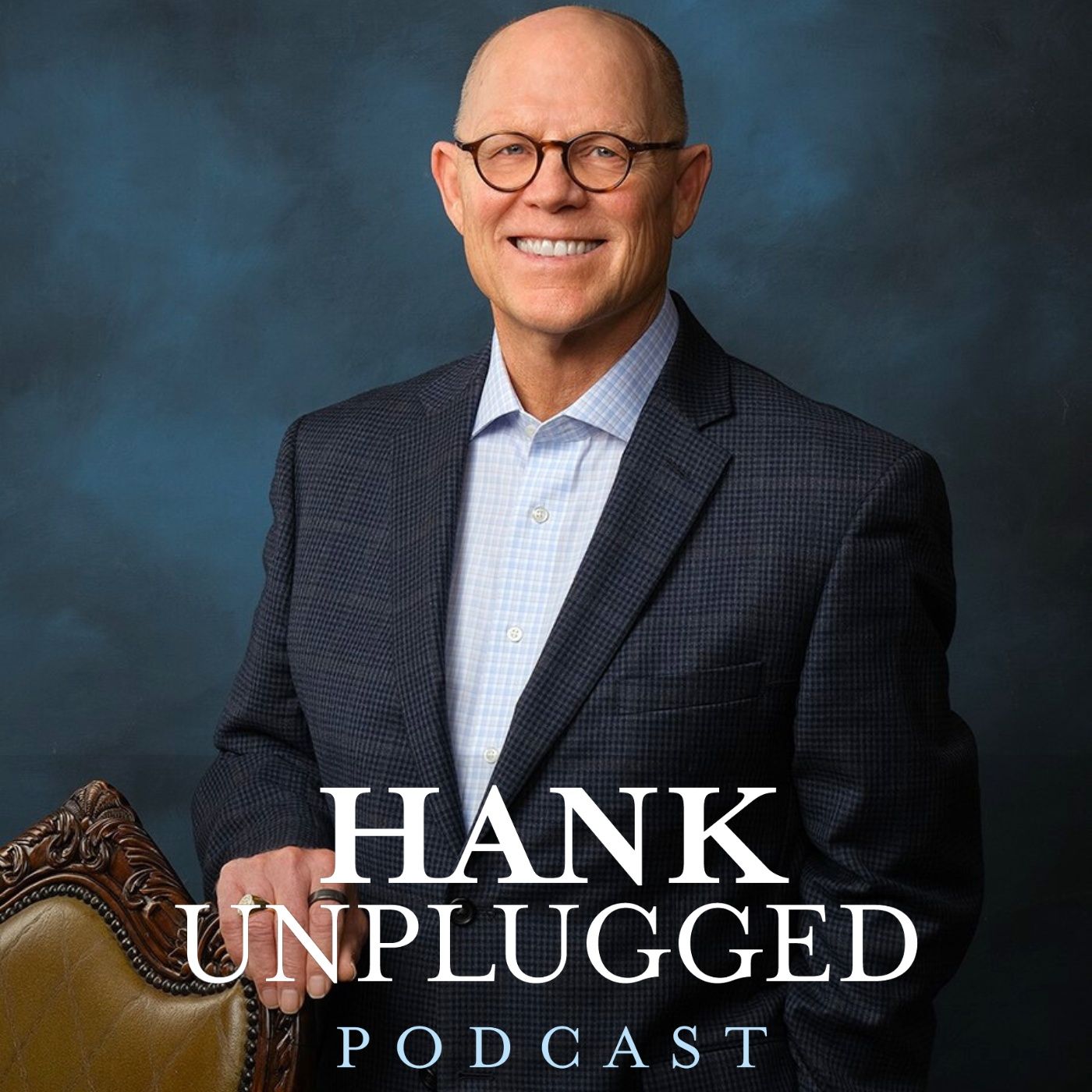Episode Summary
We live in an era deeply shaped by secularism. Because secular ideas are at the heart of our culture, modern people tend to think in secular ways without realizing it—even the most well-meaning of us. How then do we live in, but not be of, a secular culture? We need to understand the enchanted, Sacramental way that the early Christians viewed the world, but we also need to understand secularism. To truly understand Christianity, we must unlearn an entire secular worldview and become participants in a sacramental worldview instead—a worldview that embraces reality as it truly is. How do you explain the Sacramental life of the Church? To the early Christians—and to all ancient people—the idea that physical objects had spiritual power was very intuitive, whereas modern people tend to find this idea difficult, bizarre or even un-Christian. Join Hank Hanegraaff and his guest Zac Porcu for a discussion on these topics. Topics discussed include: What is Christianity? (4:00); what are the mysteries of the Church? (6:30); what is religion? (10:15); Arche—a foreign unfamiliar word for God (12:15); the Trinity—why do we care about the Trinity? (15:30); what does it mean for God to be the ultimate reality? (17:30); what is the most important thing about Jesus? (19:20); what is the distinction between a secular and a sacramental of thinking? (21:30); what are the Sacraments? are they necessary in Christianity? (32:00); is baptism necessary for salvation? (36:30); the importance of the Eucharist (43:45); the seriousness of the Sacrament of Marriage (46:35); the role of the priesthood in the Sacramental life of the Church (49:25); Chrismation—what does it mean? (52:50); do Sacramental objects—such as relics—have spiritual power? (55:20); are we living in an enchanted world? (59:30); what makes the divine liturgy divine? (1:02:30); why is all liturgical time present time—proleptic (1:05:00); what does the liturgical cycle of the Church calendar reveal about reality? (1:07:00); the relationship between the Bible and Holy Tradition? (1:08:30); the truth about icons—what they reveal about the participatory nature of Christianity (1:12:15); how the existence of evil is an argument for the existence of God (1:16:30); is free will critical to the nature of Christianity? (1:19:15); why didn’t Jesus spare himself from death? (1:22:00); “He Who Is” (1:28:15); repentance is not a momentary act, but a lifelong process (1:29:15); the fallacy of neutrality when it comes to separations of religious belief and how we govern society—separation of Church and State (1:31:15); Journey to Reality—what does it take for us to become real? (1:35:45).
